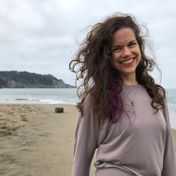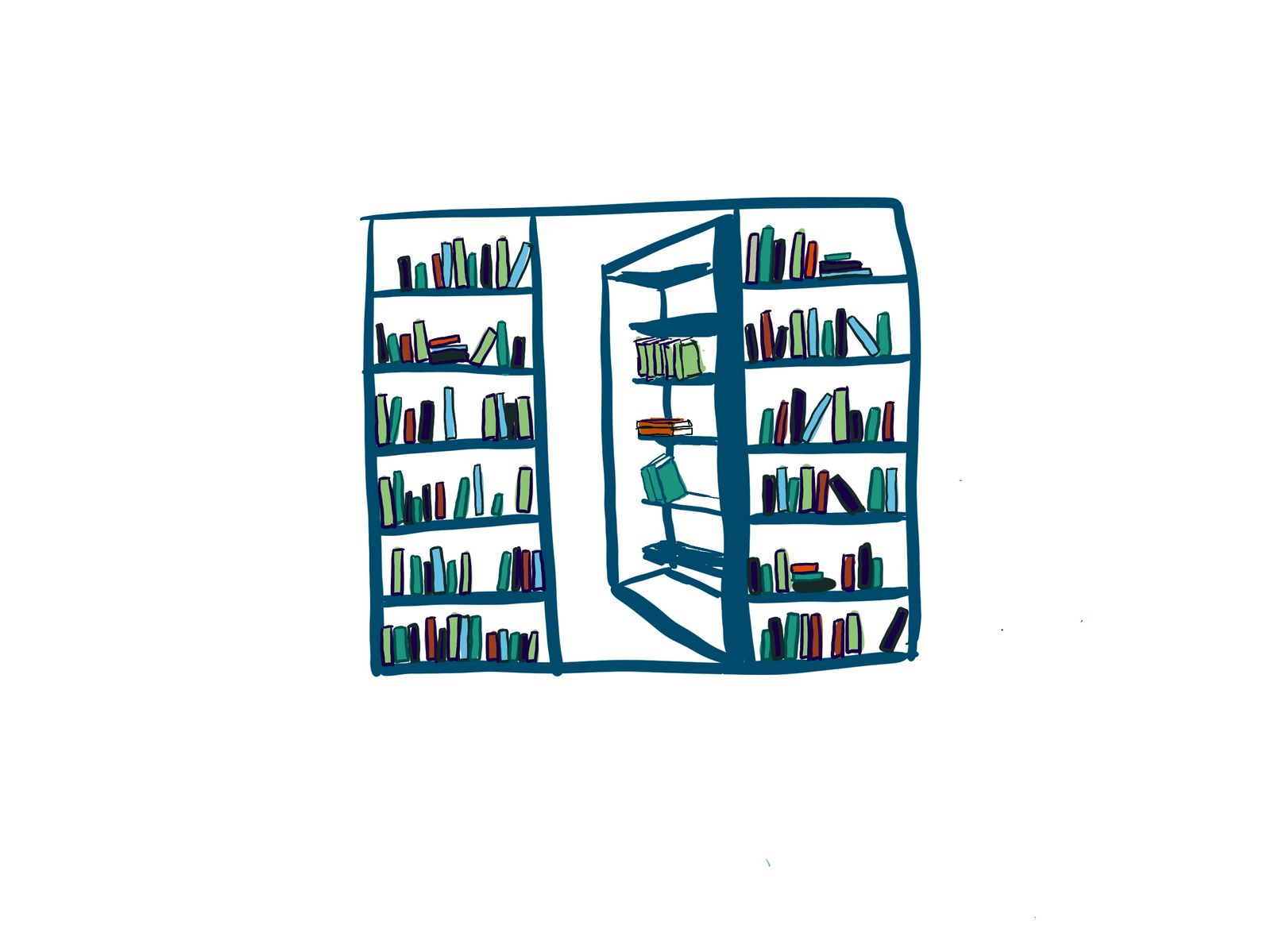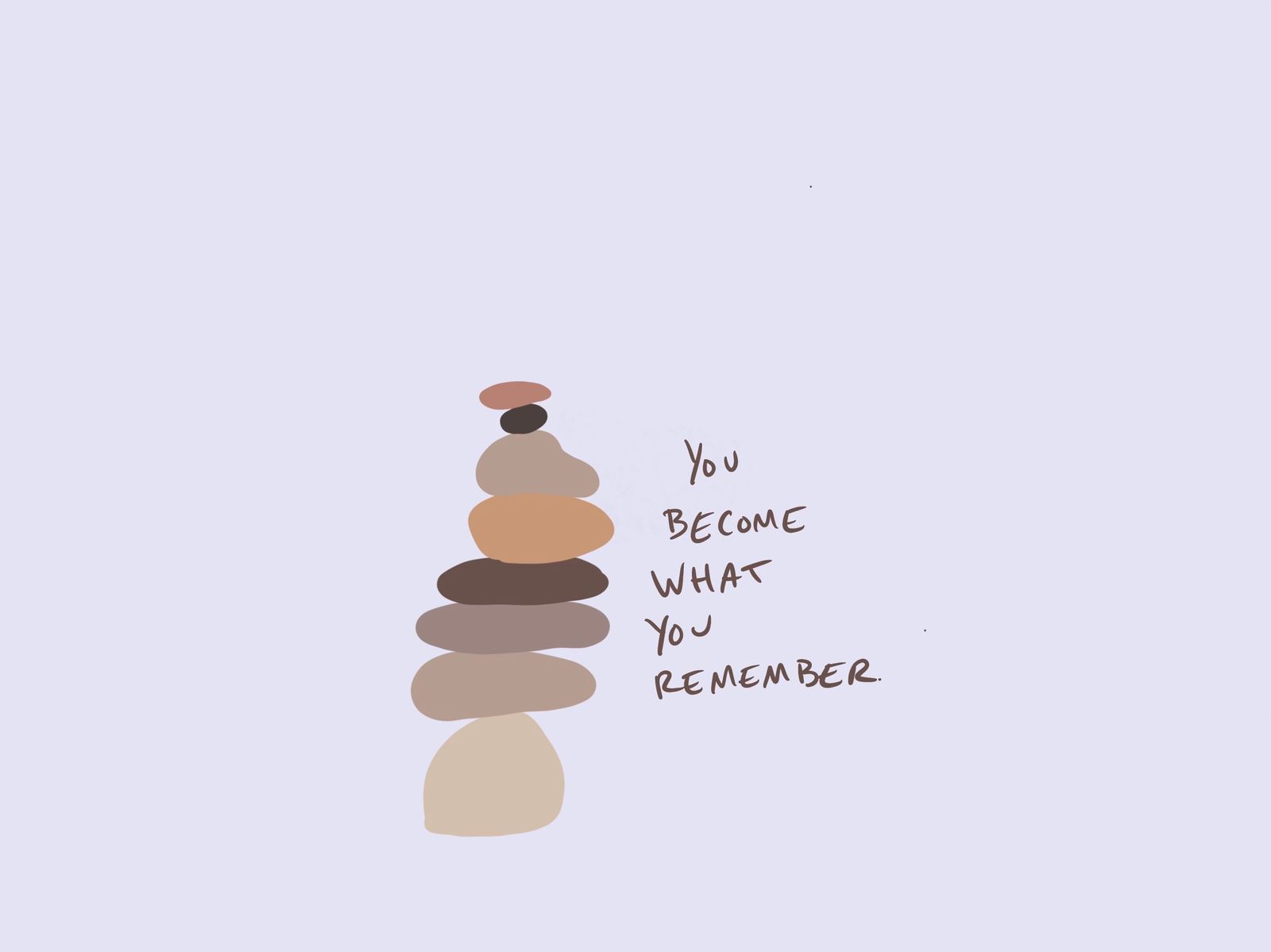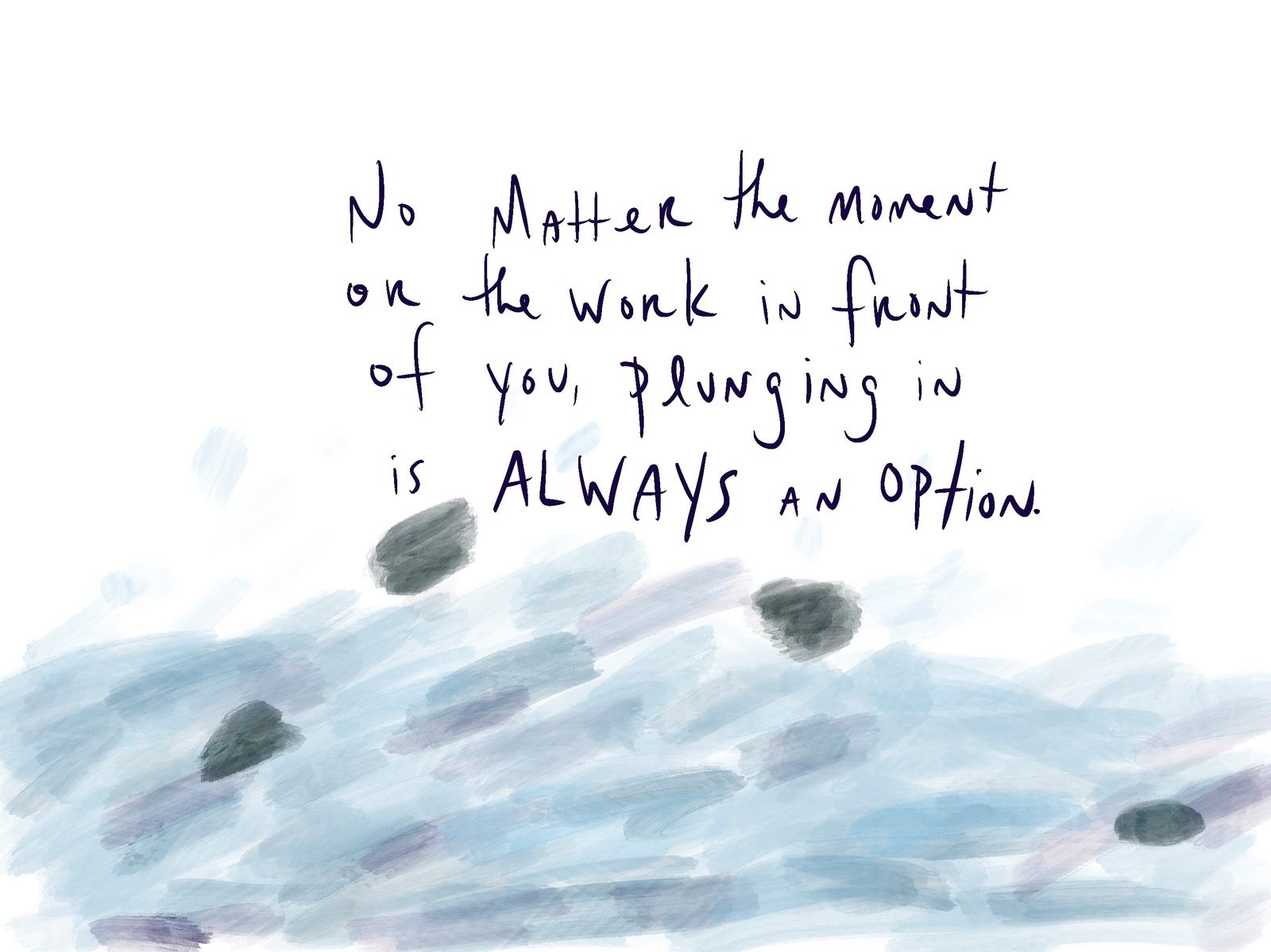At the end of my weekly lesson plans, there is a blank page. At the bottom of the blank page, there are these words, printed small and faint:
"This page left intentionally blank."
I love this page.
After one week full of work, a short break before another week cascades down upon me. Intentional blankness.
A pause.
The pause sign, those two little rectangles we all know, originally came from poetry scansion. A ceasura, which is demarcated by two slanted or upright lines, indicates that the reader should pause. In classical poetry, there was a ceasura between verses. In modern poetry, a ceasura comes in the middle of a line of poetry. Where one poetic phrase ends, there is a pause before the next one begins. Intentional blankness in the sound can add meaning or drama or just a much needed break in an otherwise droning and monotonous line.
Sometimes, when the children are listening to podcasts or audiobooks I'm not interested in, it feels like more noise. They try to talk to me over the noise and I just can't hear them. So I ask them to hit the pause button, when they do, there is a moment of relief, the silence comes in like a gentle wave. I am relieved because I can hear them, just them. No other voices I'm not interested in.
The exterior world is relentlessly noisy. My interior world is too unless I put in my own pause button, some white space labeled, "this page left intentionally blank"
It is very difficult to safeguard my intentionally blank space. Even in my lesson planner, the page left intentionally blank gets filled with notes: people to call back, things to pick up at the grocery store, coffee stains, stick figure drawings, fractions.
My faith commands me to keep a Sabbath holy. A whole day of the week set aside for pausing, resting, and worshipping. An intentional blank in my week. Everything and everyone seems to want my Sabbath. I have to fight for it. Defend it. I have to continuously refuse and resist requests and invitations, even good ones because I know that this page is left intentionally blank for a reason. There's intention behind it. Like the caesura in poetry, the blankness gives me a chance to reflect on the meaning in my life or sort out the drama or get a small reprieve from the monotony. It gives God a little wiggle room to get in.
Even in my prayer life, the little space I leave open to hear from God, my thoughts and emotions come with a thousand reminders, tangents, and rabbit trails. They come sounding like aggressive carnival barkers heckling me to see their freakshow or like those gas pumps that shout at you and want to sell you things. I have to continuously resist. I have to surrender and resurrender my attention to the reason I'm here: to leave a little internal, intentional blankness to hear from God.
The continual, active struggle—the exterior refusals and interior surrenders—of keeping intentional blank space surprises me. It is work to pause intentionally, to leave time and space that is just open. It is concerted effort to keep my own heart and mind in an open posture, free from the noise.
For all the efforts, I get what my spiritual director calls "a nanosecond of divine peace."
Like a single word from the Lord, it might not be much, but it can sustain me indefinitely and it keeps me coming back.
It keeps me grounded to what's real. Really real. The silence that can be sung.
This page left intentionally blank.





